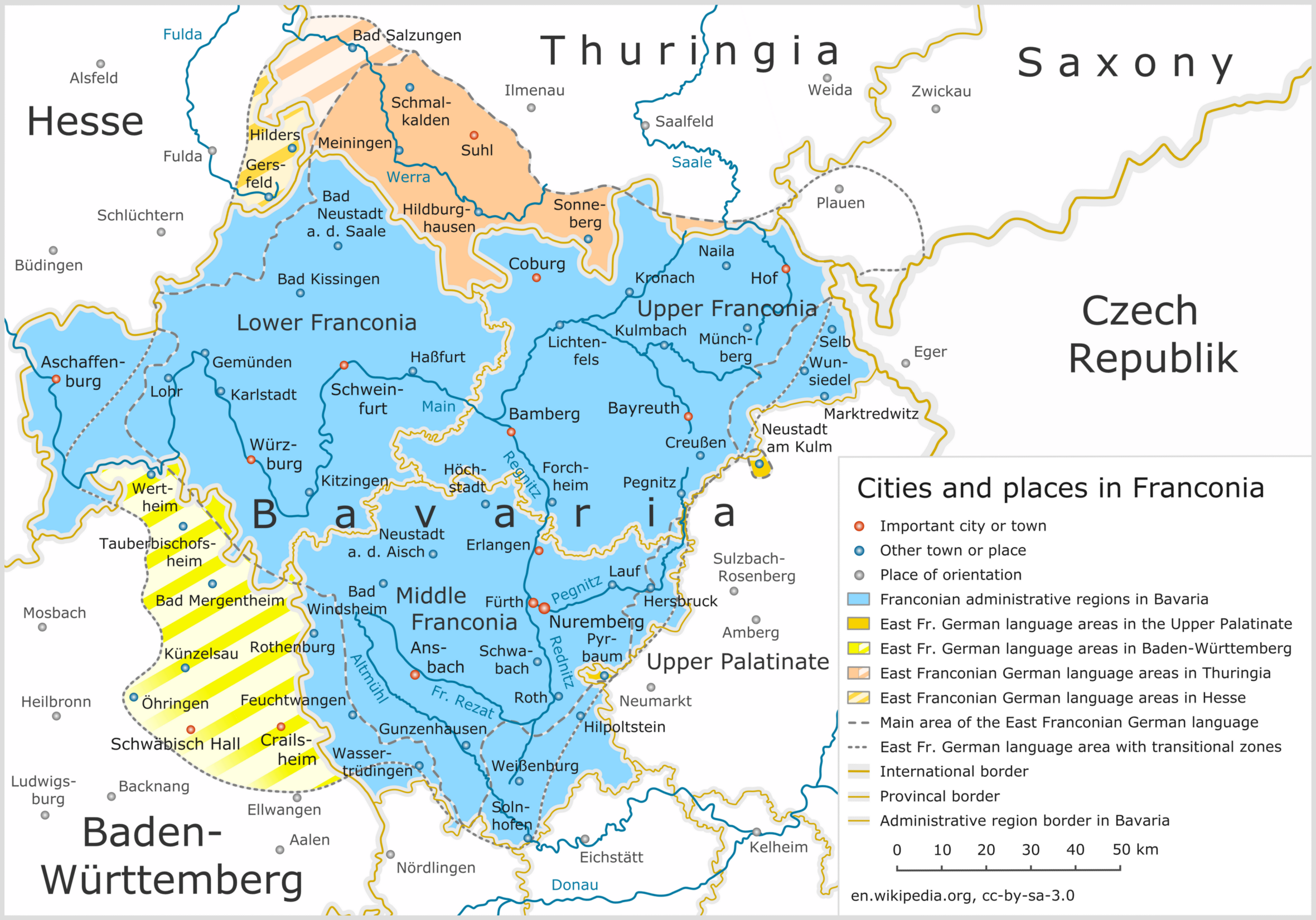|
Krásná Lípa
Krásná Lípa (; ) is a town in Děčín District in the Ústí nad Labem Region of the Czech Republic. It has about 3,300 inhabitants. Administrative division Krásná Lípa consists of nine municipal parts (in brackets population according to the 2021 census): *Krásná Lípa (2,993) *Dlouhý Důl (33) *Hely (3) *Kamenná Horka (46) *Krásný Buk (90) *Kyjov (25) *Sněžná (31) *Vlčí Hora (115) *Zahrady (46) Etymology Both the Czech and German name literally mean "beautiful linden". Geography Krásná Lípa is located about northeast of Děčín and northeast of Ústí nad Labem. It lies on the border of three nature regions. Most of the municipal territory lies in the Lusatian Highlands, but it also extends into the Lusatian Mountains in the south and into the Elbe Sandstone Mountains in the west. The highest point is the hill Široký vrch at above sea level. The Lužnička Stream originates south of the town proper, on the slope of Široký vrch. Krásná Lípa e ... [...More Info...] [...Related Items...] OR: [Wikipedia] [Google] [Baidu] |
Obec
(, ; plural ) is the Czech and Slovak word for a municipality (in the Czech Republic, in Slovakia and abroad). The literal meaning of the word is " commune" or " community". It is the smallest administrative unit that is governed by elected representatives. Cities and towns are also municipalities. Definition The legal definition (according to the Czech code of law with similar definition in the Slovak code of law) is: ''"The municipality is a basic territorial self-governing community of citizens; it forms a territorial unit, which is defined by the boundary of the municipality."'' Every municipality is composed of one or more cadastral areas. Every municipality is also composed of one or more municipal parts (), which are usually town quarters or villages. A municipality can have its own flag and coat of arms. Czech Republic Almost the entire area of the Czech Republic is divided into municipalities, with the only exception being military training areas. The smaller mu ... [...More Info...] [...Related Items...] OR: [Wikipedia] [Google] [Baidu] |
Franconia
Franconia ( ; ; ) is a geographical region of Germany, characterised by its culture and East Franconian dialect (). Franconia is made up of the three (governmental districts) of Lower Franconia, Lower, Middle Franconia, Middle and Upper Franconia in Bavaria, the adjacent, East Franconian, Franconian-speaking South Thuringia, south of the Thuringian Forest—which constitutes the language boundary between Franconian and Thuringian—and the eastern parts of Heilbronn-Franconia in Baden-Württemberg. Those parts of the Vogtland lying in Saxony (largest city: Plauen) are sometimes regarded as Franconian as well, because the Vogtlandian dialects are mostly East Franconian. The inhabitants of Saxon Vogtland, however, mostly do not consider themselves Franconian. On the other hand, the inhabitants of the Hessian dialect, Hessian-speaking parts of Lower Franconia west of the Spessart (largest city: Aschaffenburg) do consider themselves Franconian, although not speaking the dialect. He ... [...More Info...] [...Related Items...] OR: [Wikipedia] [Google] [Baidu] |
Kurt Marschner
Kurt Marschner (27 April 1913 – 25 September 1984) was a German operatic tenor and actor. Life and career Born in Krásná Lípa, Marschner trained as a singer at the Hochschule für Musik Carl Maria von Weber, Dresden Conservatory. He made his debut in Karlsbad (Sudetenland), not far from his native village. From 1942 to 1944 Marschner sang at the opera in German-occupied Oslo. After the end of the war he played in Oldenburg and Frankfurt. In 1949 Marschner joined the Hamburg State Opera where he remained a member of the ensemble for several decades. At this venue he took part in over 4000 performances. In addition to his work on stage, Marschner also appeared in filmed performances beginning in the 1960s: At first he played and sang small parts in works such as ''Fidelio'' and ''The Magic Flute''. In later years Marschner also took over bigger supporting roles such as Balthasar Zorn in Wagner's ''Die Meistersinger von Nürnberg'' and also leading roles such as Orpheus in ... [...More Info...] [...Related Items...] OR: [Wikipedia] [Google] [Baidu] |
